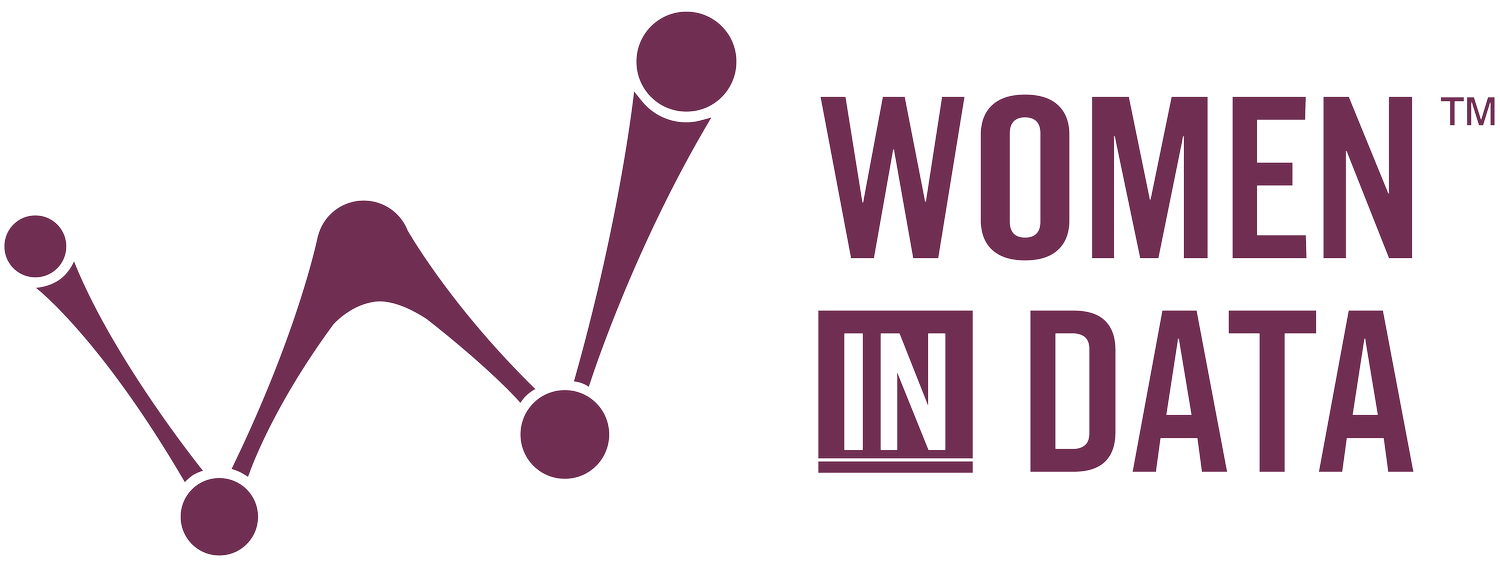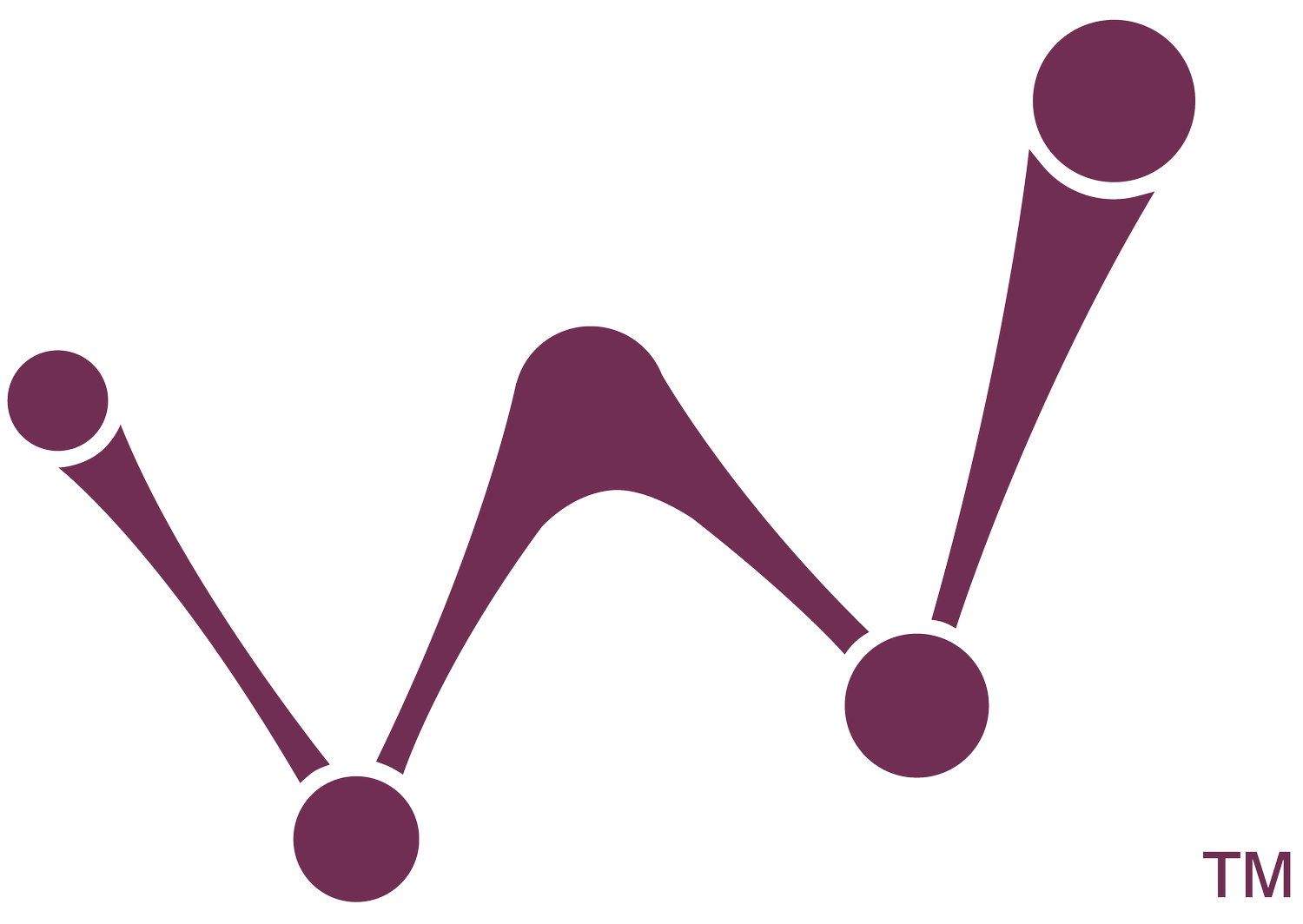5 Points to Manage Community
Oct 7 - Written By Irene Bratsis
Building community is one of those concepts you hear people talk about a lot. And with good reason. Between the freelancers, thought leaders, bloggers, managers, CEOs, activists and empire builders, everyone’s got a brand they’re peddling. The idea that one creates a personal brand and perpetuates that brand through their thoughts, interactions, acts and social media presence used to live in the domain of those most enterprising among us. Fast forward to 2020 and virtually every individual on the planet has a brand. Moreover, they are expected to refine that brand over time so that they can amass the following they want.
Though some of our more suspicious peers find a superficiality in this, the mainstream is happy to embrace the idea that community building be foundational in our professional (and personal) lives and find wisdom in this embrace. I don’t how much I can appease the folks that believe their job is their job and they don’t need to jump through hoops for the pleasure of earning a living, but I hope that reframing the context of branding and community building will make this topic more accessible and, dare I say, fun! Let’s take a look at a few aspects of community building:
The Social Animal:
Years ago I read David Brooks’ book The Social Animal and really, what struck me the most about it was how dependent we really were on one another. I was raised in the US, a society that places a great premium on individualistic success. Students and team members alike have been taught to compete with one another for accolades, grades or recognition. The culture around this is changing in our modern times, but it helps to remember there is great value in We all need people. We all benefit from cooperating with one another and we are collectively better for it. Brene Brown. Need I say more?
So why should we commune? That really depends on you. Do you like to feel that you want to have some sort of emotional or professional safety net? Do you like the idea of being inspired by others that are going where you want to go, and feeling that you can just ask them about it? Do you like the idea that you can reach out to people when you have an idea for a project or when you’re having difficulty with something at work? Does it make you feel safe and nurtured when you have someone to talk to when you’re feeling overwhelmed and stressed? Some of us may have really awesome coping skills, and thrive on solitude. But most of us are pretty much programmed to seek out our “tribes” whatever they may be and bond with them.
Imposter Syndrome:
Who cares about me? Who cares about what I have to say? We honestly all do. The rise of tik tok alone should be proof of that. In countless Women in Data events, this topic inevitably comes up. So many of our community members out there feel that they are not expert enough to be worthy of their jobs and responsibilities. What we all fail to see when we indulge these unfounded thoughts is that there will always be someone that can stand to benefit from you sharing your personal experience.
Maybe being new at data science, lets say, is an amazing way for you to offer a fresh perspective to an admittedly homogenous group of practitioners. Maybe earnestly expressing where you are and what inspires or frustrates you is the way for you to engage more meaningfully with people in your community. Maybe holding yourself back from speaking your truth at a conference or raising your hand at a breakout session is what’s creating a wall between you and all the potential new friends and peers you’d stand to make at these networking events you tell yourself you should go to. We all care. If no one has ever told you this yet, let me be the first: You matter and your experience has value.
Authenticity:
So let’s say you see the value and you are confident enough to speak your mind. What are the words you’re saying to people? How do you want to come across? It’s true that there is a lot of content out there. Some are able to wield a brand that’s highly automated and optimized for their audience. They check Google trends. They keep up to date on what the people want to see and they deliver. Others are more organic. They create community around them by blurring the influence of their environment and speaking or writing only about what they want to write about, drawing inspiration from their own life. The purists. Most people are doing a mix of the two.
You are in charge of your voice and the community you create around you, and it’s up to you to find a rhythm that feels natural for YOU. There does exist a balance between being inspired by others and bypassing our own growth by emulating others. Find that balance and speak clearly to those you want to build with.
Location:
You’ve found your voice, now what? Now you find your home, and you might have lots of homes. Maybe you’re really into linked in but find the other social medias too daunting. Maybe you only like connecting one on one with people, a more difficult feat this year than most for sure. Maybe you’re an avid instagrammer and you find linkedin too much. Maybe videos are your thing and you like pushing content. Maybe you just want to meet people on reddit threads where you can relish the gritty details. Whatever your preference, decide what you find most gratifying and build a presence for yourself in that home. People will find you. You will find people you agree with; people that are going where you’re going.
Breadth:
How much of this do you want to do? That really depends on your bandwidth. Maybe you only have time for a monthly check in. Maybe you want to be active across various platforms daily. Maybe you just have time for one slack channel (hopefully it’s Women in Data’s! - if you don’t know we have a bustling slack community please please join us if you’re interested). I like to think of community building as more of a plaid; overlapping colors of fabric creating a wonderfully interconnected and diverse experience.
You’ve got your coworkers, various groups you might be a part of (like ours) people you chat with on Twitter or LinkedIn, strangers you pick up a conversation about data visualization with in line for the bathroom (unless that’s just me), mentors you might have a bimonthly chat with. These are all people in the community that you’re building and you’re the lady of the house. You decide which of these you give your energy to. You decide what kind of community you want to build.
The point is, you don’t have to be selling an online webinar or e-learning module to build community. You don’t need to be a conference speaker to build community. We are all doing it, consciously or unconsciously, every day, no matter what we do. It helps to think of these buzzwords as they actually pertain to your life. Sooner or later, even the fittest among us will need others from time to time and given the current climate’s constraints, I felt it was important to touch on this ever pervasive topic and demystify some of this. Many of us are remote now and we might be losing touch with some of the community that was automatically built into our lives during the before times. Maybe you don’t get to talk to your work bestie as much now that you’re not face to face and perhaps those monthly company happy hours aren’t giving you an avenue to flex your networking muscle.
Bringing more consciousness to how you create and foster your community online and beyond will serve you during these increasingly siloed times.


